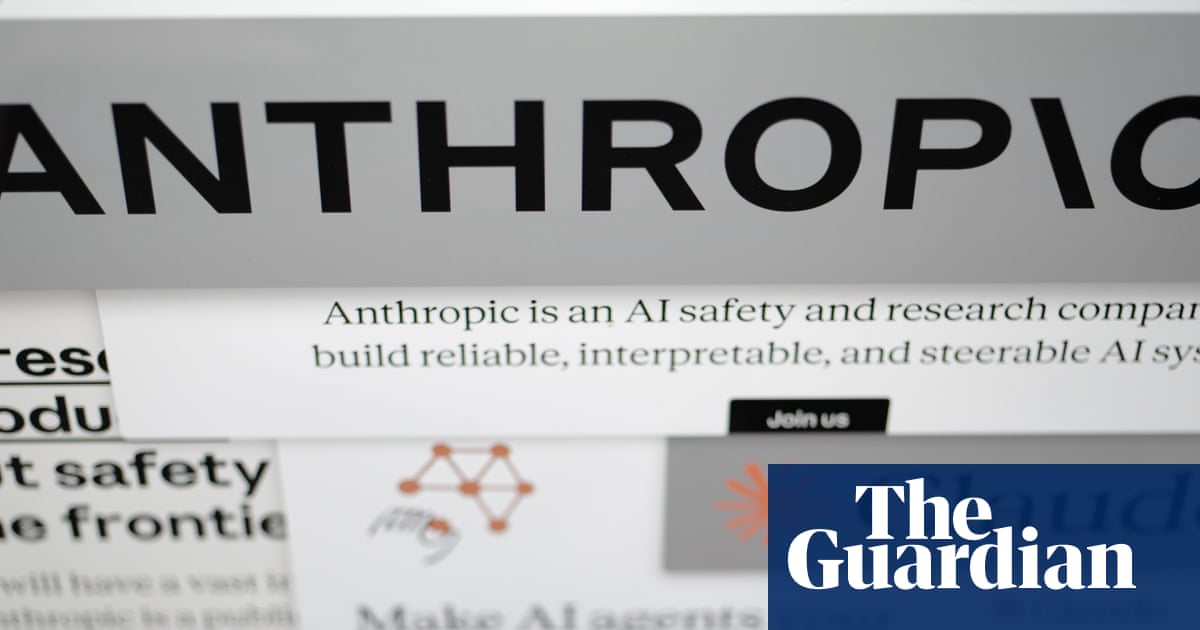The thick green jungle and rust-red hills of Lote, on India’s west coast, give way to a small hill where a factory looms against the sky.
The factory is almost brand new, but its machinery is not: it comes from the former Miteni factory in Vicenza, Italy. Miteni closed down in 2018 after one of the worst environmental scandals in the country’s recent history: after decades of producing Pfas forever chemicals, the company’s management was brought to trial for contaminating water resources in an area where 350,000 people live. In June, its former executives were found guilty at the Vicenza court of assizes of causing environmental pollution and other charges and given prison sentences, which they are expected to appeal against.
And yet, all of the company’s equipment, its patents and processes – everything needed to produce Pfas – is now here in Lote Parshuram MIDC, a vast industrial enclave almost 4,000 miles away, wedged between villages and groves of trees. And the factory has just started to produce forever chemicals again.
Once known for its specialism in developing processes for advanced chemicals, Miteni is now infamous for the toxic legacy it left behind. In 2011, scientists found extraordinarily high concentrations of Pfas in the plant’s wastewater. Hundreds of thousands of residents had been exposed through drinking water.
The worst-affected were Miteni’s own workers. Ilario Ermetti, 69, who worked for decades in its fluorinated chemical department, showed one of the highest concentrations of Pfas ever recorded in human blood. “When the story came to light, I looked at a list of medical conditions related to Pfas, and found out I had them all,” says Ermetti.

High levels of Pfas in the blood are associated with increased risk of cancer, cardiovascular diseases, liver and kidney damage, reproductive disorders and more. Ermetti is currently recovering from a recent surgical operation.
Michela Piccoli, 51, a nurse and activist with Mamme No Pfas (Mothers Against Pfas), started organising after discovering her children’s blood showed high levels of forever chemicals. When she learned that Miteni’s patents and equipment were being sent to India, she was shocked.
“As mothers, as women, our concern has grown,” she said. “Because our children are everyone’s children.”
After Miteni went bankrupt, its assets were bought in 2019 by Viva Lifesciences, a subsidiary of the Indian chemical company Laxmi Organic Industries – the only bidder in the public auction. By early 2023, all the equipment was travelling on freight ships, heading to Mumbai. Meanwhile, Laxmi was boasting of its new acquisition to investors. Transcripts of shareholders’ meetings show that Laxmi’s management downplayed environmental concerns, with its president, Harshvardhan Goenka, stating that Miteni was “doing everything legally according to European standards”.
Goenka is one of the three men on the board of Laxmi Organic Italy, a company founded in 2021. Another is Antonio Nardone, the last chief executive of Miteni, who was found guilty of environmental pollution and false accounting at the June trial and sentenced to six years and four months in prison. According to a former mid-level manager speaking on condition of anonymity, Nardone was taking business trips to India months before the company went bankrupt.
While Laxmi bought Miteni’s assets in June 2019, the environmental assessment report for the construction of the factory in Lote shows that in March 2018 the company was already planning to start producing fluorochemicals compatible with Miteni’s product list. Laxmi Organic Industries did not respond to requests for comment.
By 2021, Laxmi’s strategy explicitly spelled out the goal to “capture [the] market share of Miteni” and become a leader in the production of Pfas and fluorochemicals. Shipping records show that, to get approval on the quality of the chemicals, in 2024 Laxmi started sending out samples to companies with past business relationships with Miteni, including BASF, Chemours, DuPont and FMC.
Since early 2025, Laxmi’s site in Lote Parshuram has been fully operational, producing chemicals that will be used in pesticides, pharmaceuticals, dyes, cosmetics and other products.
Investigations have shown that levels of forever chemicals in the environment are alarmingly high, especially near production sites. But although international attention is growing, in India the issue is not on the political agenda yet.
after newsletter promotion
“If we look at the regulations, [Pfas] is not present in those standards. It’s not recognised by the Indian government as of today,” said Rajneesh Gautam, an environmental chemist at the Swedish University of Agricultural Sciences. “Independent research groups across India have conducted studies in different states. But these studies are limited in scope, and there are still very few of them.”
Parineeta Dandekar, coordinator of the South Asia Network on Dams, Rivers, and People, says the Lote Parshuram industrial district “has a dismal environmental track record”. After it was established in 1986, “the livelihood of fisher folk communities in this region completely collapsed,” she said.
The chemical district is served by a centralised wastewater treatment plant that has been at the forefront of complaints.
“The local villages have always stated that it’s not working properly,” said Dandekar. “When there is no electricity, a common occurrence in rural Maharashtra state, the plant cannot function and industries release polluted water directly into the streams.” Environmental authorities have sent several warning letters to the plant in recent years.
In the EU, the European Chemical Agency is examining a proposal to ban the manufacture, import and use of more than 10,000 forever chemicals. This attention may be driving the sector to the global south, according to Claudia Marcolungo, a professor of environmental law at the University of Padua. “I believe that this issue should be investigated, because the fact that Miteni’s production, patents and machinery have been transferred to a country like India should lead us to reflect, at the very least, on the power that these multinationals have to relocate in countries where there is clearly a race to the bottom in terms of environmental protection.”
Miteni has closed down, but the company’s toxic legacy lives on – at the contaminated site in Vicenza, and in Lote. The health impacts linked to Pfas production are likely to affect communities that are already struggling with an unsafe environment for generations.
“That region has seen enough environmental destruction already,” says Dandekar. “If more dangerous companies move in, it’s always a risk.”
This investigation was supported by Journalismfund Europe and IJ4EU

.png) 3 months ago
82
3 months ago
82

















































